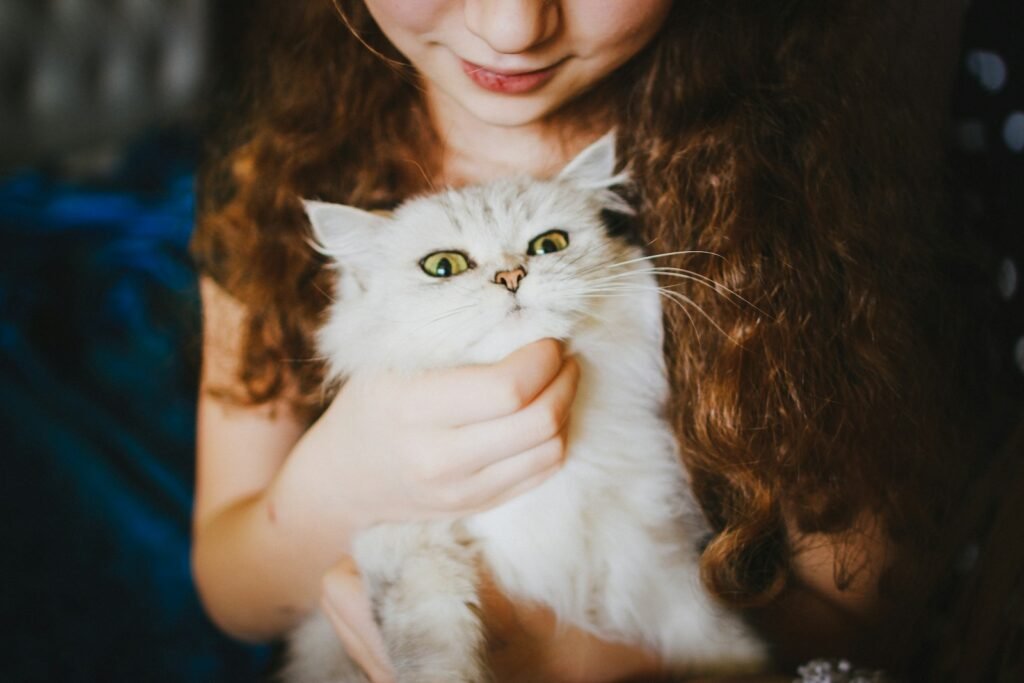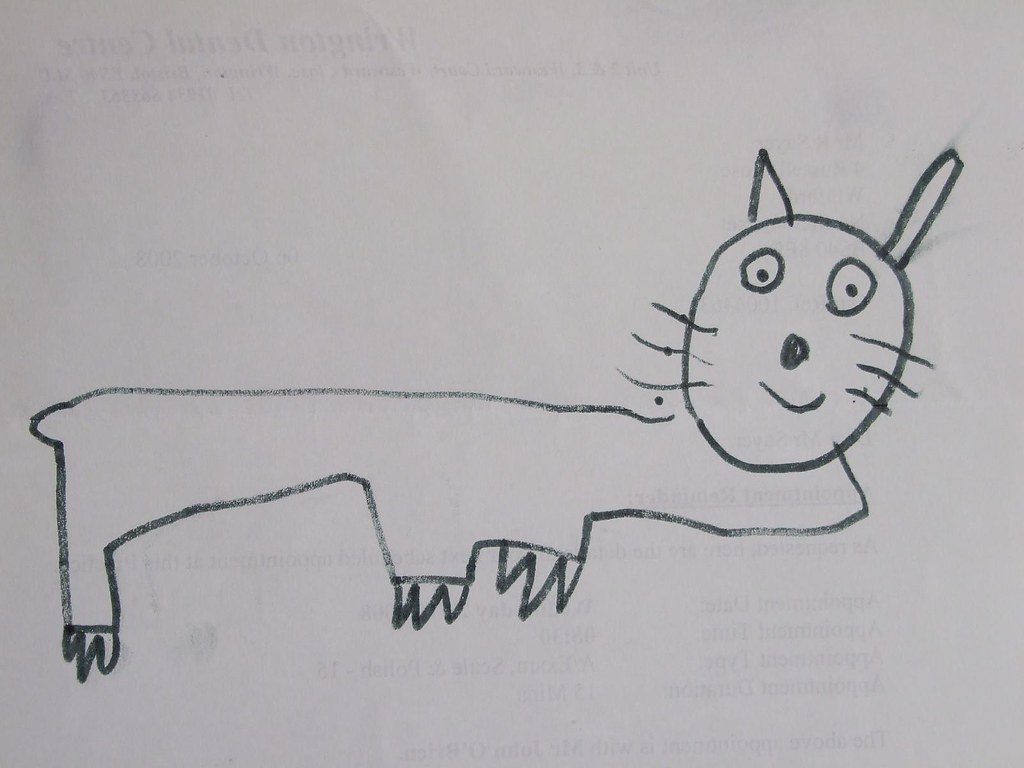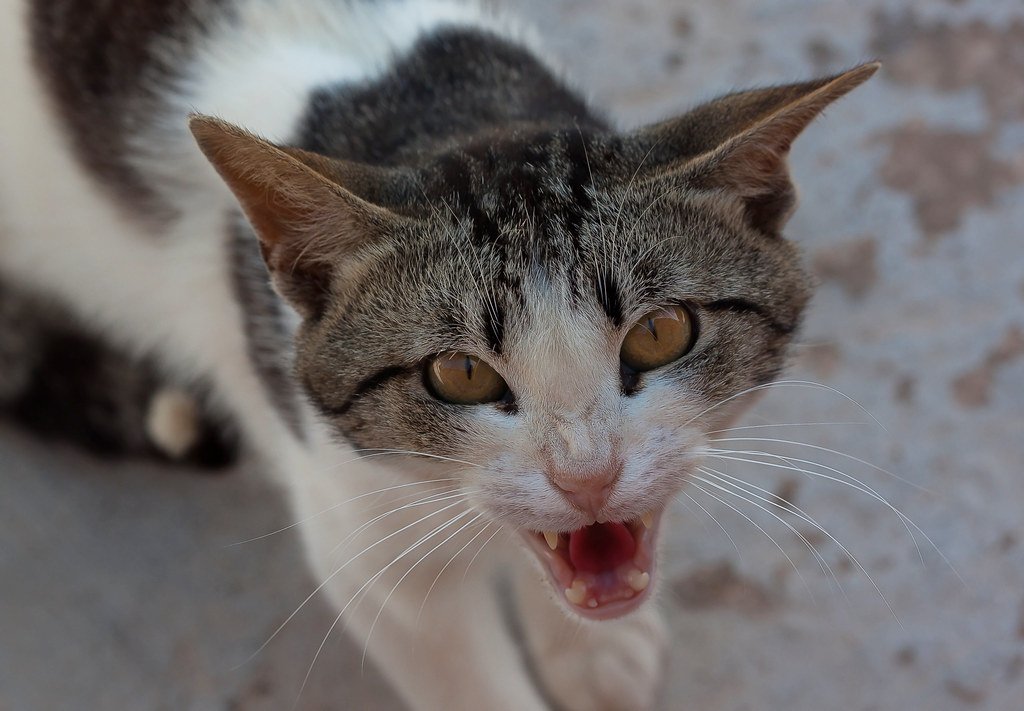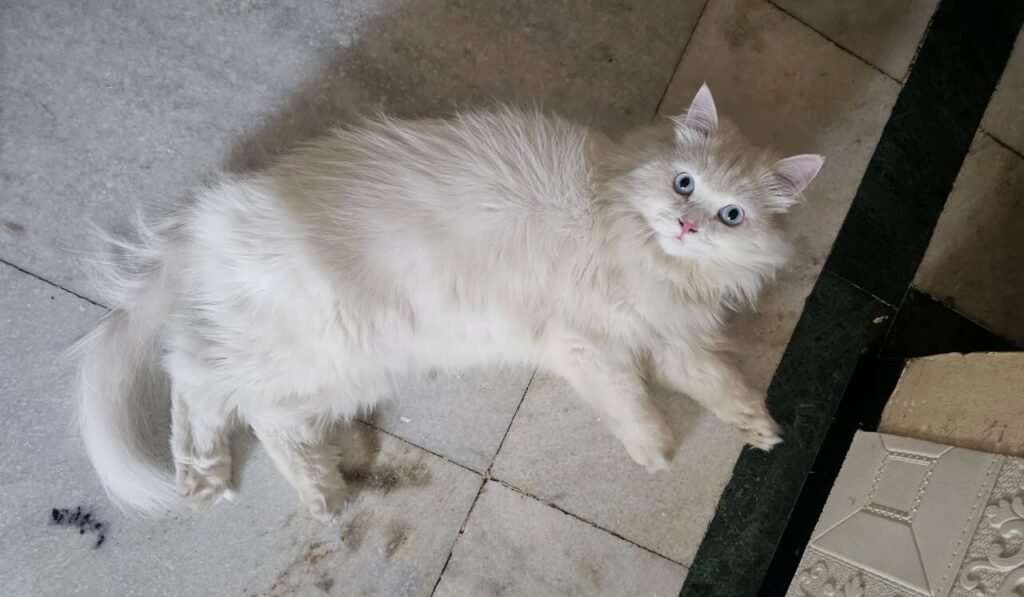Understanding how long does it take for a cat to calm down can help pet owners navigate situations with ease, whether it’s due to environmental changes, stress, or simply a burst of playful energy. Cats, with their independent and sometimes unpredictable nature, can experience moments of heightened energy or agitation. Let’s dive in.
Factors Influencing Calming Time:
The time it takes for a cat to calm down can vary depending on several factors:
Personality
Just like humans, cats have unique personalities. Some cats may naturally have a more calm demeanor and settle down quickly, while others may take longer to relax.
Stressors
External factors such as loud noises, unfamiliar environments, or changes in routine can contribute to a cat’s stress levels and prolong the time it takes for them to calm down.
Health
Underlying health issues or discomfort can also impact a cat’s behavior and ability to relax. It’s essential to rule out any medical concerns if your cat consistently displays signs of agitation or restlessness.
Age
Kittens, with their boundless energy and curiosity, may take longer to calm down compared to adult cats who have learned to regulate their emotions better.
Understanding Cat Behavior:

Cats communicate their feelings and emotions through body language and vocalizations. Signs that indicate a cat is stressed or agitated include:
- Pacing or restlessness
- Excessive meowing or vocalization
- Dilated pupils
- Hiding or seeking refuge in confined spaces
- Aggressive behavior such as hissing or swatting
Tips to Calm Your Cat:
- Create a Safe Space: Provide your cat with a quiet, secluded area where they can retreat and feel secure during stressful situations.
- Interactive Play: Engage your cat in interactive play sessions using toys such as wand toys or laser pointers to help them release pent-up energy and reduce stress.
- Routine: Establishing a consistent daily routine for feeding, playtime, and rest can help alleviate anxiety and promote a sense of security for your cat.
- Environmental Enrichment: Offer environmental enrichment such as scratching posts, puzzle feeders, and vertical space to encourage mental stimulation and provide outlets for natural behaviors.
- Calming Products: Consider using pheromone diffusers or sprays designed to mimic the calming pheromones produced by mother cats to help soothe stressed cats.
FAQs (Frequently Asked Questions):
Q: How long does it take for a cat to calm down after a stressful event?
A: The time it takes for a cat to calm down can vary depending on the individual cat and the severity of the stressor. Some cats may calm down within minutes, while others may take longer, up to several hours.
Q: My cat is constantly hyperactive. Is this normal?
A: Some cats are naturally more energetic than others. However, if your cat’s hyperactivity is excessive or disruptive, it’s essential to ensure they receive enough mental and physical stimulation through play and enrichment activities.
Q: Can I use medication to calm my cat?
A: Medication should only be used as a last resort under the guidance of a veterinarian. Behavior modification techniques and environmental modifications are often more effective and safer alternatives.
Q: Will neutering or spaying my cat help calm them down?
A: Neutering or spaying can reduce hormone-driven behaviors such as roaming and aggression, which may contribute to a calmer demeanor in some cats.
Explore the affordable spay programs offered by ASPCA and wave those worries goodbye.
Q: How can I tell if my cat is stressed?
A: Signs of stress in cats include changes in appetite, excessive grooming, hiding, and aggression. Monitoring your cat’s behavior and addressing potential stressors can help alleviate their anxiety.
Conclusion:

Understanding how long it takes for a cat to calm down requires patience, observation, and a proactive approach to addressing their needs. By recognizing the factors influencing your cat’s behavior and implementing strategies to promote relaxation, you can help your feline companion lead a happier and more contented life.
Also read our expert article When do cats stop growing?



I am really inspired with your writing skills as neatly as with the structure to your weblog.
Is this a paid subject matter or did you modify it your self?
Either way stay up the excellent quality writing, it is uncommon to look
a nice weblog like this one these days. Leonardo AI x Midjourney!